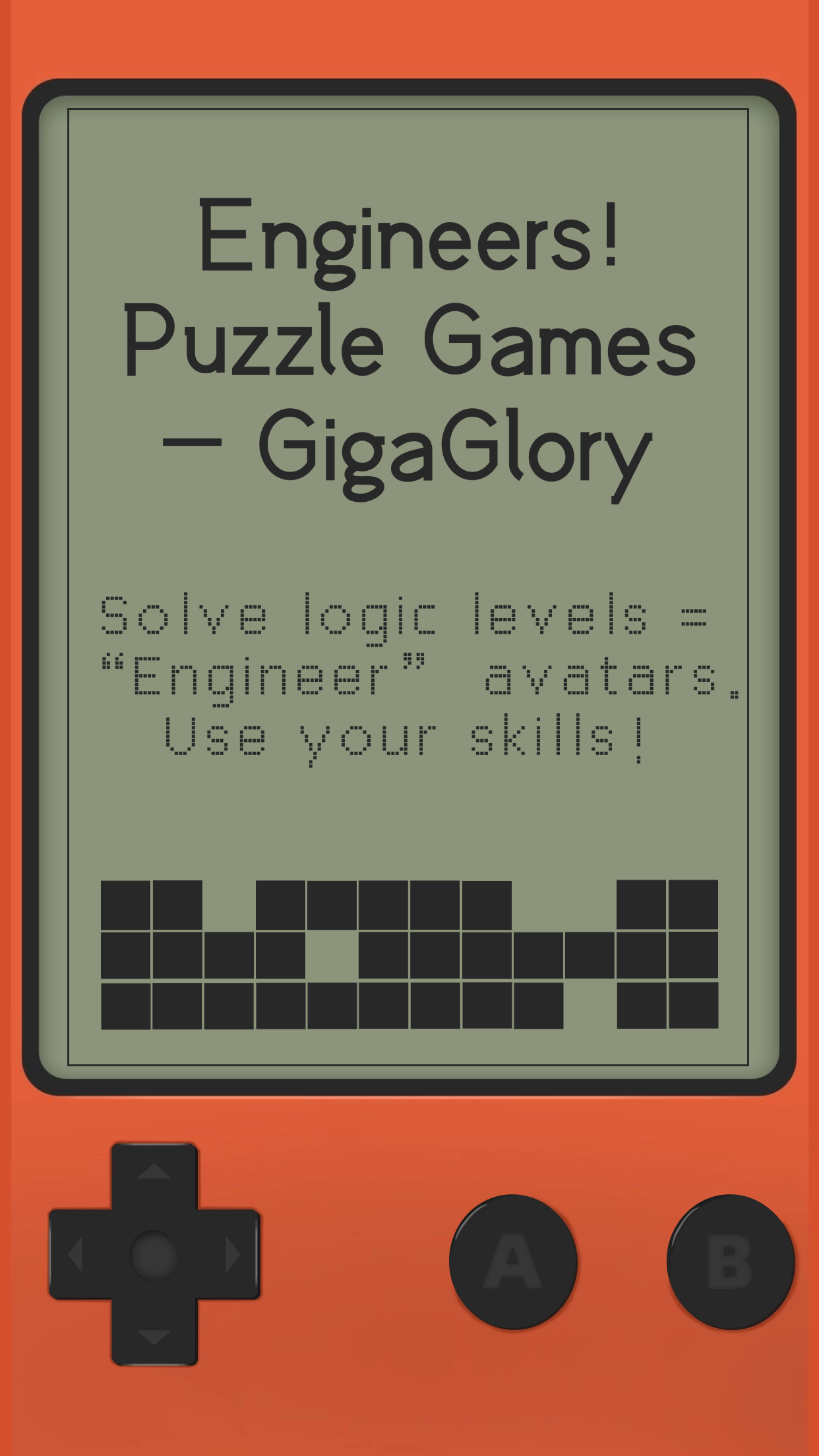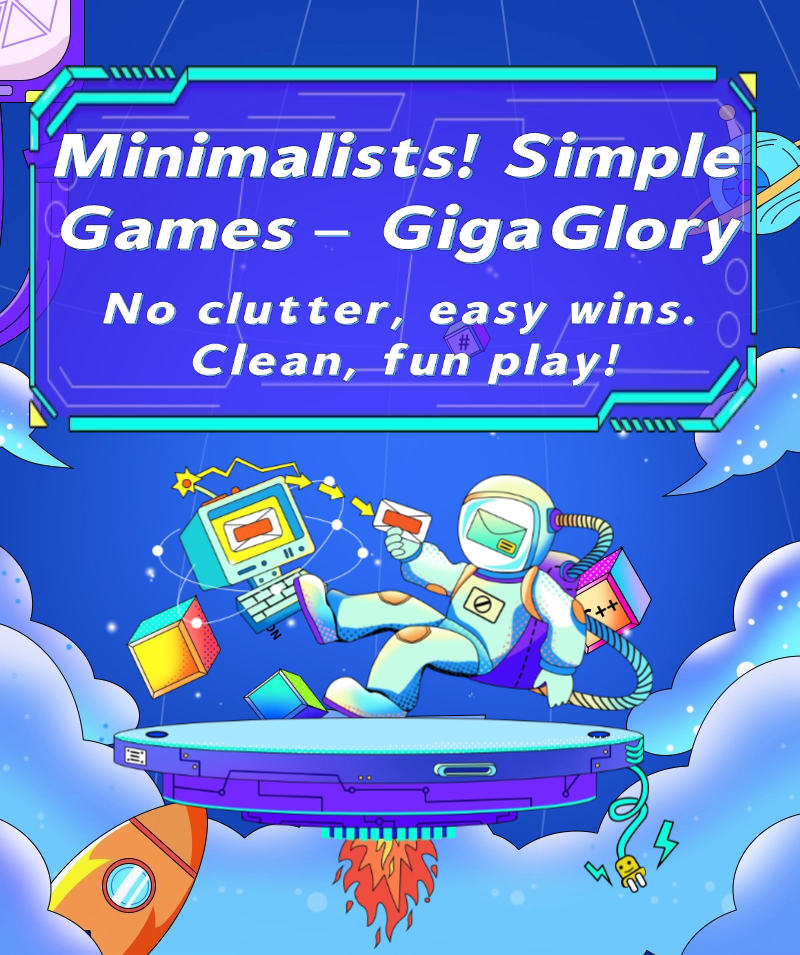Unlocking the Fun: How Simulation and Puzzle Games Redefine Gaming Experience
From the charming realms of simulation games to the intricate mechanics of puzzle games, the gaming experience has drastically transformed over the years. This article will delve into how these genres not only entertain but also redefine gaming by fostering creativity, strategic thinking, and social interaction. Let's explore this engaging evolution and see how games like Poop a Potato capture fun in novel ways.
The Appeal of Simulation Games
Simulation games have always been a favorite among players looking for an immersive experience. These games allow players to recreate real-life scenarios or craft entirely new worlds. Titles such as 'The Sims' and 'Cities: Skylines' give users the power to build their destinies, offering endless hours of creative outlet.
- Realism: Players often enjoy realistic experiences and scenarios.
- Creativity: Opportunities to create are almost limitless.
- Goal-Oriented: Many simulation games incentivize players with goals and milestones.
The Puzzle Game Craze
Puzzle games serve as an equally engaging avenue through which players can challenge their minds. The allure behind games like 'Candy Crush' or 'Tetris' lies in their ability to stimulate problem-solving skills while providing instant gratification.
| Favorite Puzzle Games | Key Features |
|---|---|
| Tetris | Classic block matching |
| Portal | Physics-based puzzles |
| Angry Birds | Strategy-based slingshot game |
The Symbiosis of Simulation and Puzzle Gameplay
There's an interesting overlap between simulation and puzzle games. Many simulation games incorporate puzzle elements into their gameplay to enhance user engagement. For instance, players might need to solve problems to construct their ideal base layout, akin to the complex designs seen in "Builder Base Clash of Clans Layout." This blend tantalizes both strategists and creative players.
Poop a Potato: A Novel Twist
This brings us to quirky games like Poop a Potato. Despite its whimsical title, it's a fine example of how games can be unique and humorous while providing a simulation-like context. While the primary aim may induce laughter, players often find themselves engaged in strategy as they navigate puzzles involving their potato avatars.
Impact on Social Interaction
Social media integration and online multiplayer experiences have also transformed how players interact with simulation and puzzle games. Players can share their successes, designs, and puzzles solved, creating a community of gamers who bond over shared experiences. The social element enhances the enjoyment, turning solo gaming into a collaborative adventure.
The Future of Gaming
Gaming technology continues to change rapidly, and the future looks promising for simulation and puzzle games. Expect to see more augmented reality experiences, sophisticated storylines, and even smarter AI that can adapt to your gameplay style. As these trends evolve, the relationship between gaming and creativity will only deepen.
Conclusion
Ultimately, simulation and puzzle games have transformed our approach to gaming. They engage our minds, spark creativity, and foster connections. Platforms providing immersive experiences create communities around shared gameplay. As developers continue to innovate, the boundaries of gaming will only expand, allowing players to explore new realms laced with fun and imagination. With quirky entries like Poop a Potato showing that gaming doesn't have to be serious to be enjoyable, it's an exciting time to be a part of the gaming world.



